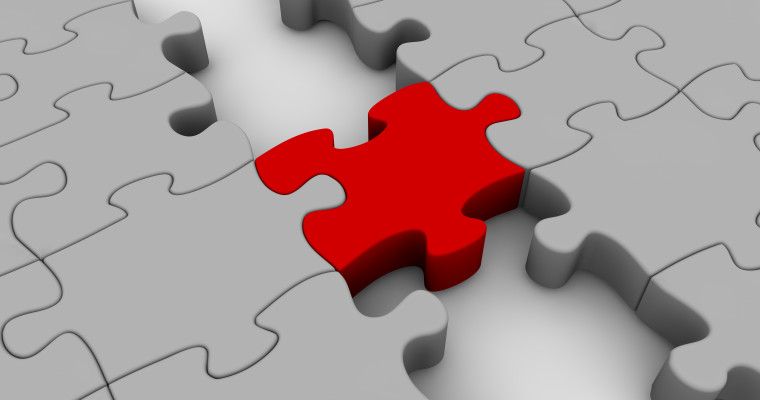The power shift continues.
Uber, the world’s largest taxi company, owns no vehicles. Facebook, the world’s most popular media owner, creates no content. Alibaba, the most valuable retailer, has no inventory. And Airbnb, the world’s largest accommodation provider, owns no real estate. Something interesting is happening.
Since the Industrial Revolution, the world has developed complex supply chains, from designers to manufacturers, from distributors to importers, wholesalers and retailers, it’s what allowed billions of products to be made, shipped, bought and enjoyed in all corners of the world. In recent times the power of the Internet, especially the mobile phone, has unleashed a movement that’s rapidly destroying these layers and moving power to new places.
The Internet is the most powerful mechanism we can imagine to match perfectly individuals that need something, and people with something to offer. The moment started slowly by reducing complexity and removing the middle layer in the late 1990s. From insurance to early PC makers like Dell to travel agents, this time seemed to be an age where “direct” became a desirable moniker. This time seemed to favor scale and efficiency over service or brand, for commodities like insurance cover or processing power, the overheads of sales, marketing and retail footprint were stripped away.
